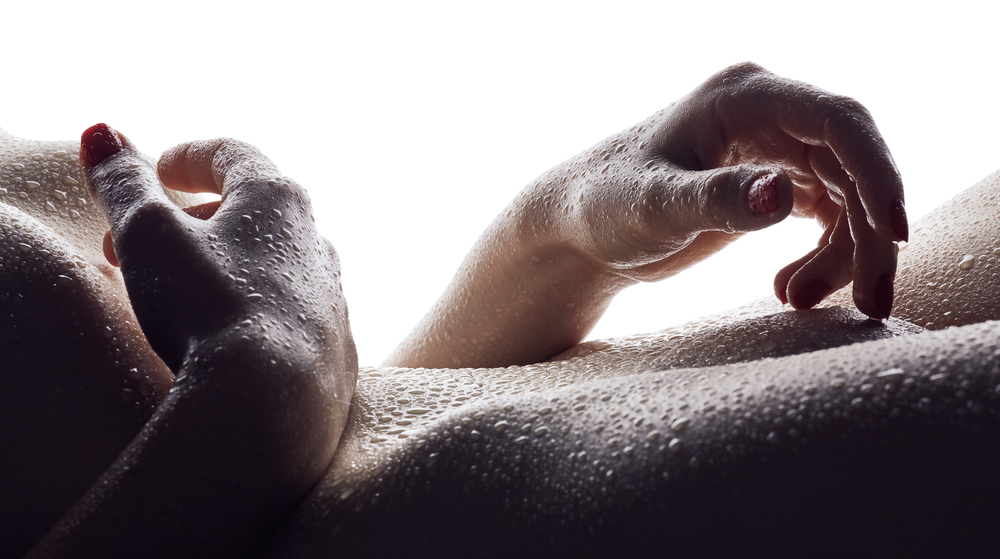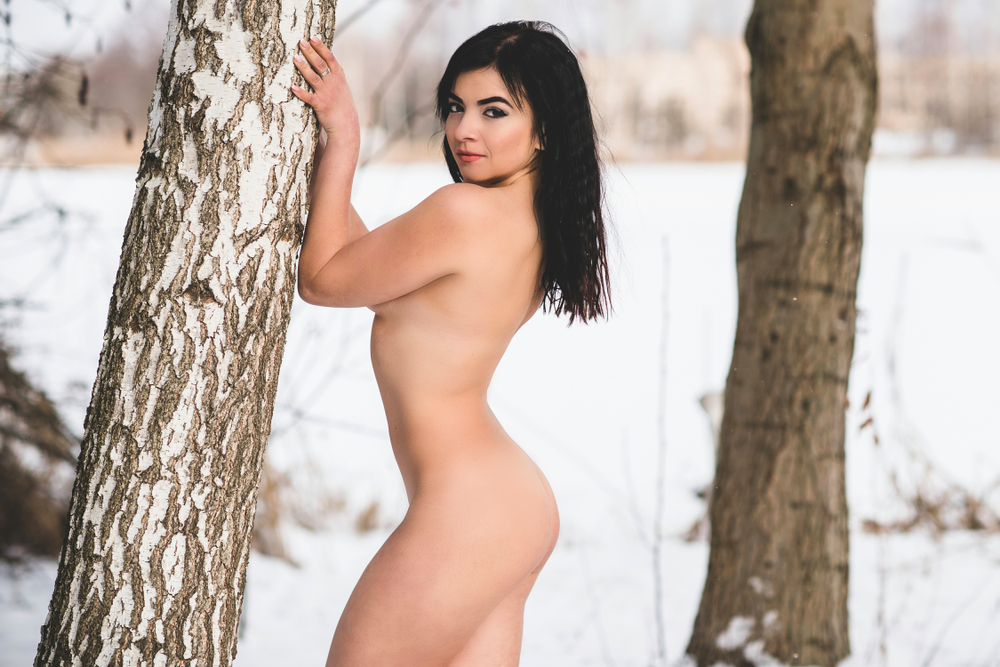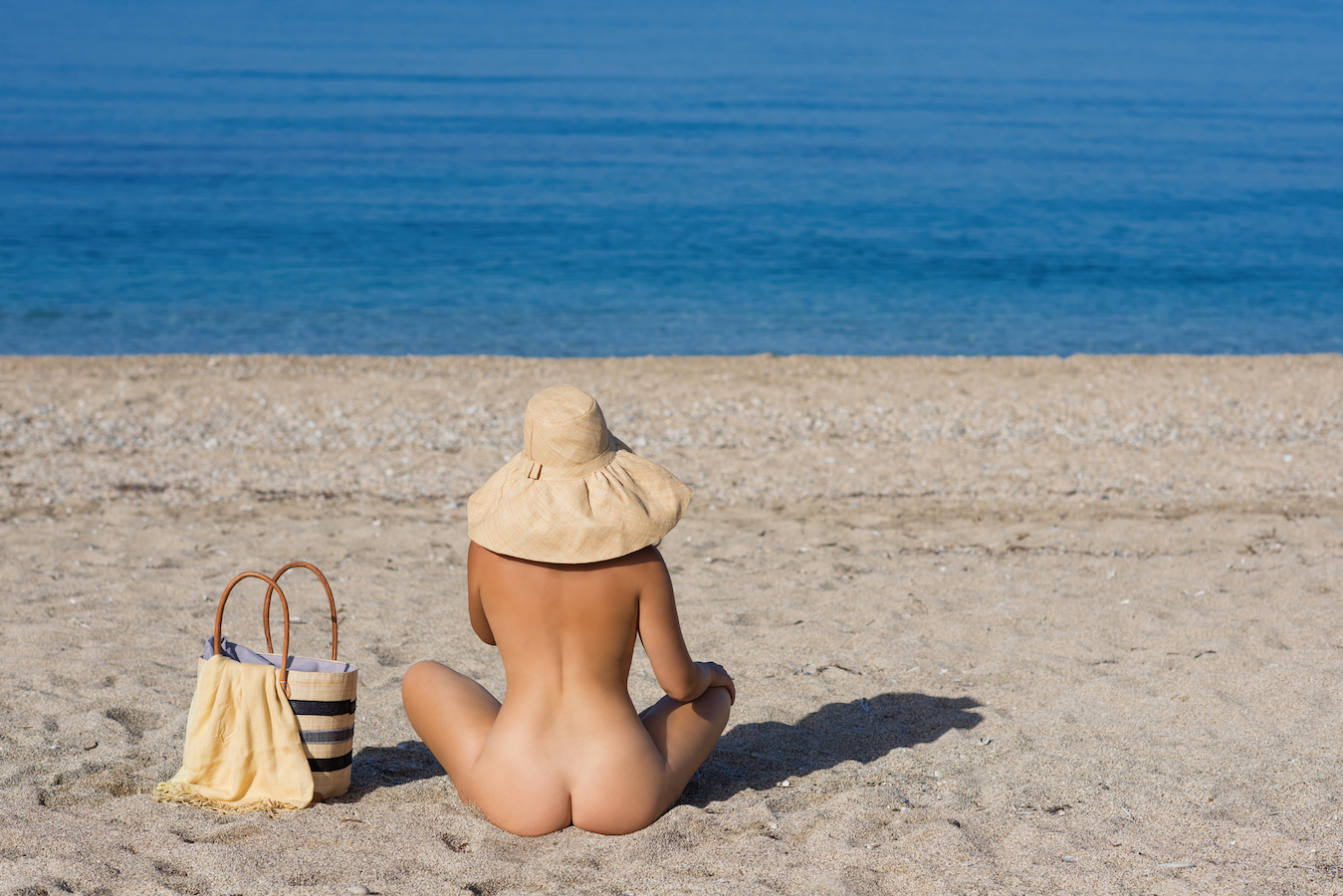Ethics of Nude photography is a powerful and expressive art form that captures the beauty and vulnerability of the human body. However, it is essential to approach this genre with a strong understanding of ethical considerations.
In this article, we will delve into the ethical aspects of nude photography, exploring the responsibilities and boundaries that photographers must navigate to ensure a respectful and dignified experience for their subjects.
Understanding the Ethics of Nude Photography
When it comes to the dynamics of nude photography, there are certain dos and don’ts that accompany this aspect of the art. It is also extremely important that these guidelines be followed to get the most out of your creative process. Let us examine these ethics as they relate to the form of art.
Defining Ethical Boundaries and Responsibilities
Nude photography requires a clear understanding of ethical boundaries. Photographers must recognize the importance of respecting the autonomy and dignity of their models, ensuring their well-being and consent throughout the process. This involves maintaining a respectful and professional approach and avoiding exploitative practices.
Recognizing Power Dynamics between Photographers and Models
Photographers hold a position of power in the photographer-model relationship. It is crucial to be mindful of this dynamic and strive for a balanced and equitable exchange. Creating a safe and collaborative environment where models feel empowered to express their boundaries and concerns is essential.
Balancing Artistic Expression with Respect for the Subject’s Dignity
Creative freedom should not come at the expense of the subject’s dignity. Nude photography should aim to capture the beauty, form, and vulnerability of the human form while ensuring the model’s comfort and privacy. Striking the right balance between artistic expression and respect for the models, which in most cases are women, is crucial.
The Role of Consent and Communication
Consent and communication are paramount in the creative realm of nude photography. Respecting the boundaries and wishes of the models is essential to creating a safe and ethical environment. Here, we will explore the critical role that consent plays in nude photography and the importance of open and respectful communication throughout the entire process.
The Need To Obtain Informed Consent
Informed consent is the cornerstone of ethical nude photography. It involves providing clear and detailed information about the shoot’s purpose, expectations, and potential use of the images. Models must fully understand and freely give their consent before participating in a nude photo shoot.
Establishing Clear Boundaries and Expectations
Open and honest communication is key to ensuring a positive experience for both the photographer and the model. Establishing clear boundaries and expectations from the outset helps build trust and fosters a collaborative atmosphere. It is essential to discuss and agree upon the specific poses, levels of nudity, and any limitations beforehand.
Maintaining Open and Respectful Communication throughout the Process
Throughout the photoshoot, maintaining open lines of communication is crucial. Regularly checking in with the model, ensuring their comfort, and addressing any concerns that may arise are vital for maintaining a respectful and consensual environment. The model’s well-being should always take precedence over artistic goals.
Privacy and confidentiality in Nude Photography.
The need for privacy in nude photography cannot be overemphasized. There are many components relating to this, and it is a must that they are examined in detail. Let’s check them out.
Respecting the Model’s Privacy and Anonymity
Protecting the model’s privacy is paramount. It is crucial to respect their anonymity unless explicit consent has been given to disclose their identity. Safeguarding personal information and pictures helps maintain trust and ensures the model’s safety and well-being.
Safeguarding Images and Personal Information
Photographers should implement robust security measures to protect the pictures and personal information of their models. Storing digital files securely, using encrypted devices, and obtaining model release forms are essential steps to ensure the responsible handling of sensitive data.
Obtaining Consent for Image Sharing and Publication
Before sharing or publishing any images, photographers must obtain explicit consent from the models.
This includes clearly explaining where and how the beautiful images will be used, whether for artistic purposes, exhibitions, or commercial endeavors. Respecting the model’s wishes regarding image dissemination is essential.
Ensuring a Safe and Comfortable Environment
Creating a Safe and Inclusive Space for Models
Photographers must prioritize the physical and emotional well-being of the models when taking photos of the nude model.
Creating a safe and inclusive environment involves providing a comfortable shooting space void of condemnation from the outside world, ensuring appropriate temperature and lighting, and respecting the model’s need for breaks and accommodations.
Providing Support and Accommodations When Needed
Models may have specific needs or requirements during the course of a nude photoshoot. It is essential for photographers to be understanding and accommodating.
This may include providing dressing rooms, allowing a support person to be present, or offering breaks for the model to rest and hydrate. Respecting and meeting these needs contributes to a positive and respectful experience.
Addressing Any Concerns or Discomfort Promptly and Appropriately
During the course of a photoshoot, models may experience moments of discomfort or concern. It is the photographer’s responsibility to address these issues promptly and appropriately.
This involves listening attentively, validating their feelings, and making necessary adjustments to ensure the model’s comfort and well-being.
Managing Cultural and Social Sensitivities
Recognizing and Respecting Societal Norms
Different cultures and societies have varying perspectives on nudity and modesty. Photographers, who are truly talented artists must be aware of these norms and adapt their approach accordingly.
Respecting cultural and societal sensitivities ensures that the photographs are received and appreciated within the intended context.
Sensitivity to Diverse Body Types, Backgrounds, and Experiences
Nude photography should embrace diversity and celebrate the beauty of different body types, backgrounds, and experiences.
Photographers should strive to represent a wide range of individuals, avoiding any form of, demeaning comments, discrimination, objectification, or perpetuation of harmful stereotypes.
Avoiding Stereotypes and Harmful Representations
Photographers must be conscious of the narratives and representations portrayed through their work. It is crucial to avoid reinforcing stereotypes, objectifying the models, or perpetuating harmful ideologies. Responsible and ethical nude photography challenges conventions, celebrates individuality and promotes body positivity.
Right Conduct between Parties
Conducting Oneself with Professionalism and Integrity
Professionalism and integrity should guide every aspect of the photographer’s conduct. This includes maintaining respectful and appropriate behavior towards models, colleagues, and collaborators. Upholding high ethical standards builds trust and fosters a positive reputation within the industry.
Maintaining Appropriate Boundaries and Behavior
A photographer must establish and maintain clear boundaries between their professional and personal lives. This includes refraining from engaging in any form of exploitation, harassment, or unprofessional relationships with models. Respecting boundaries is essential for fostering a safe and respectful working environment.
Building a Positive Reputation within the Industry
Ethical practices in nude photography contribute to building a positive reputation within the industry. Valuing and prioritizing the well-being of models, respecting boundaries, and creating compelling and respectful artwork establish photographers as professionals who are dedicated to their craft and committed to ethical conduct.
Legal Considerations
Familiarizing Oneself with Relevant Laws and Regulations
It is expedient that the photographer has a vast and in-depth understanding of the laws surrounding nude photography. Among these laws are regulations, and restrictions that are in one way or another related to private and explicit content. When a photographer follows these stipulated laws, it is expected that the work is free and without legal hassle, as its boundaries are within the law.
Copyright and Intellectual Property Rights
Understanding copyright and intellectual property rights is crucial in nude photography.
Photographers should be aware of their rights as creators and the rights of the models in the images. Obtaining appropriate model release forms and respecting copyright laws protect both the photographer’s and the model’s interests.
Model Release Forms and Legal Documentation
To ensure transparency and protect the rights of all parties involved, photographers should obtain signed model release forms. These forms outline the intended use of the nude pictures and grant permission for their publication. Keeping accurate records of these legal documents is essential for protecting against potential legal disputes in the future.
Post-Production and Image Editing
Ethical Considerations in Image Retouching and Manipulation
When editing nude photographs, the photographer must approach the process with ethical considerations in mind. Retouching should be done responsibly, focusing on enhancing the overall aesthetics of the image while maintaining the model’s authenticity and natural beauty. Avoid excessive alterations that may perpetuate unrealistic beauty standards or compromise the integrity of the subject.
Respecting the Model’s Image Preferences
It is crucial to involve the model in the post-production process and respect their image preferences. Some models may have specific requests regarding retouching, such as minimizing or preserving certain features, which all boils down to being comfortable in their own skin. Open communication and collaboration ensure that the final edited images align with the model’s vision and maintain their dignity.
Maintaining the Integrity of the Original Image
While editing black-and-white nude photographs, it is important to preserve the integrity and creative intent of the original image. Enhancing contrast, adjusting tones, and fine-tuning details can help bring out the desired mood and visual impact without altering the essence of the photograph. Strive for authenticity and avoid excessive manipulation that may misrepresent the subject.
Conclusion
In conclusion, ethical considerations play a significant role in nude photography. It is essential for a photographer to understand and respect the boundaries, rights, and well-being of the models involved. By maintaining open communication, obtaining informed consent, and conducting themselves with professionalism, the photographer can create a safe and dignified environment for their work. Adhering to these ethical principles not only ensures a positive experience for both the photographer and the nude model but also contributes to the growth and appreciation of this great art while upholding its integrity.





